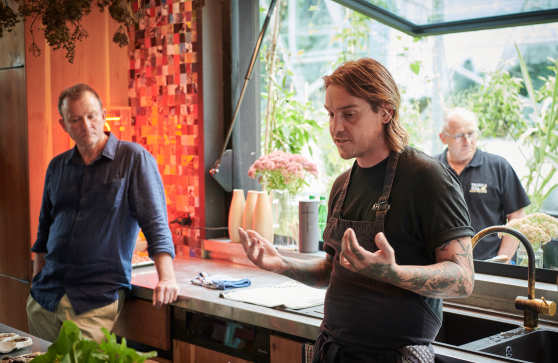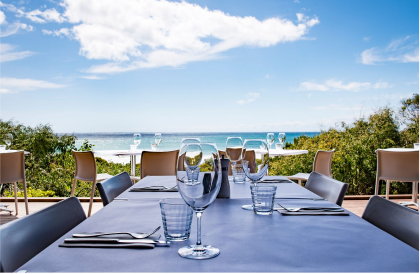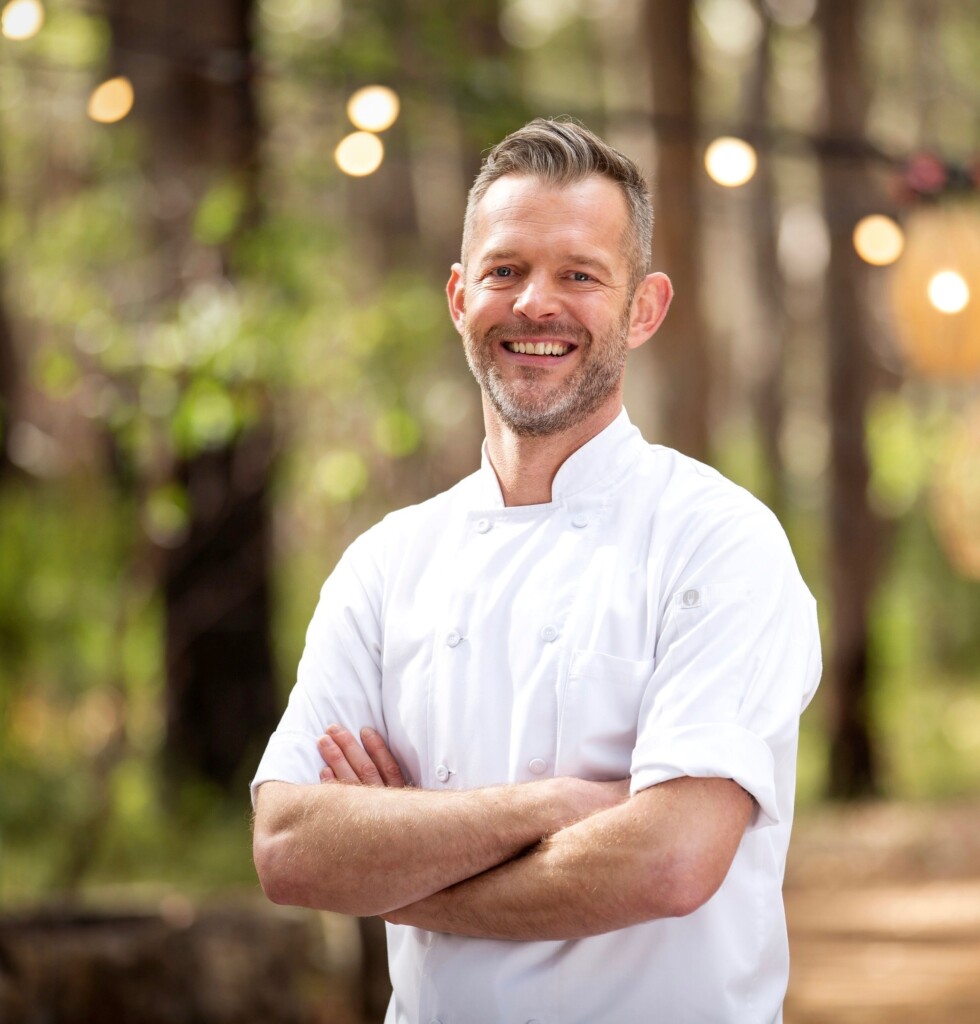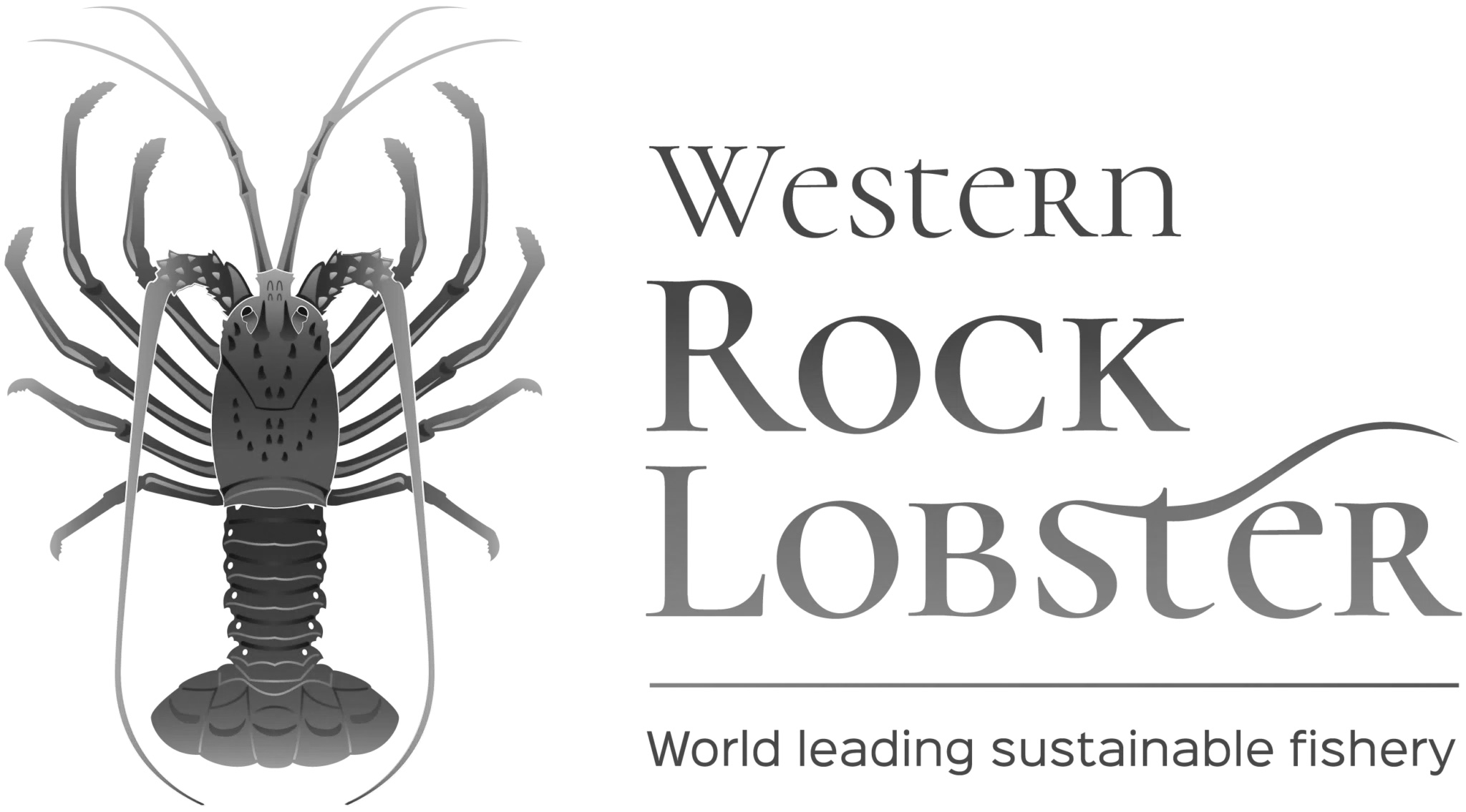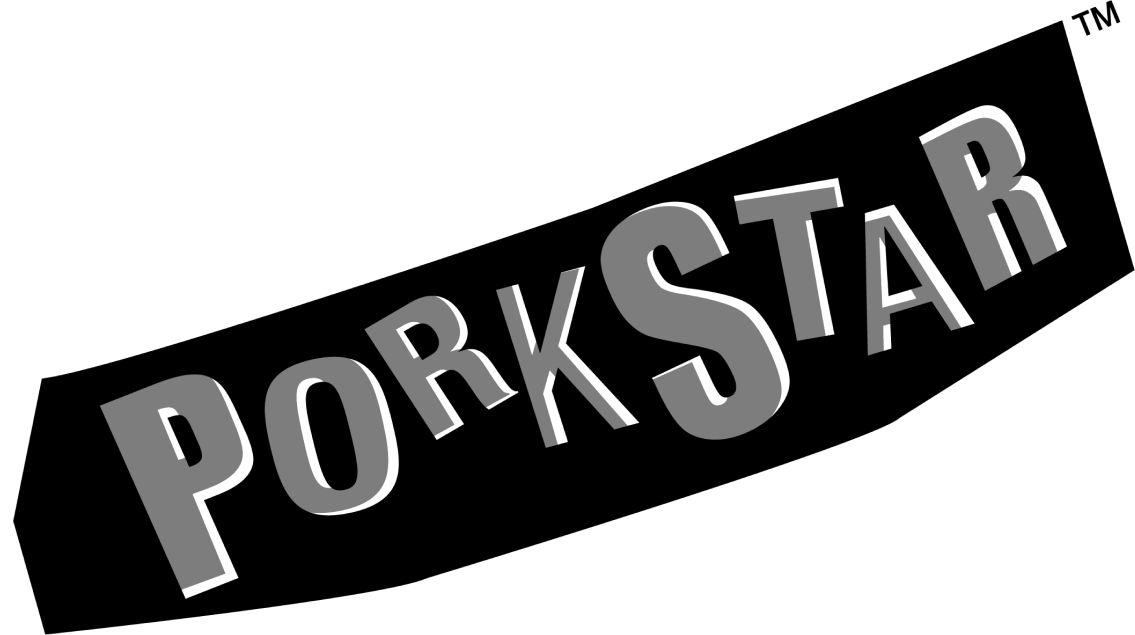Matthew Evans, chef, farmer, author, critic and WAGFG reviewer, travelled south on his latest trip to WA, making a beeline for the Great Southern region. Here’s what he uncovered.
Don’t mention gentrification. Albany doesn’t need it. Sure, this hub of the Great Southern region is no longer famed for its whaling station, but more for its whales. And the local industry is no longer just focused on the abattoir, fishing and forestry. But Albany retains its working-class roots. And of this it should be very proud and protective. Sure, lots of sheep and wheat cockies have holiday houses here, or have retired here. Or will. But the region is now more than just a summer retreat with a rough exterior. It’s long been known for the quality of its cooler climate wine, initially from Mt Barker and now the Porongurup ranges. Now it’s also known for its fruit. For its incredible farmers’ market stocking things such as Yard 86’s excellent milk, pasteurised at a lower temperature (meaning better flavour). And the Great Southern region is increasingly getting a reputation for its dining.
If you want to start an argument between Albanians, ask them which of their two flagship fine diners, Majuba or Liberté are the bomb. From my visit, locals seemed equally divided, and vociferously protective and flattering of one or the other. Liberté, with a Vietnamese-inspired menu, cooler-than-schooler bar and incredible seafood steamboat, seems to hold more of the younger folk enthralled. Meanwhile Majuba’s European savoir faire, and a knockout bouillabaisse complete with line-caught fish and mussels, has easily found favour with those of a more continental bent. Both, however, are worthy of your coin.
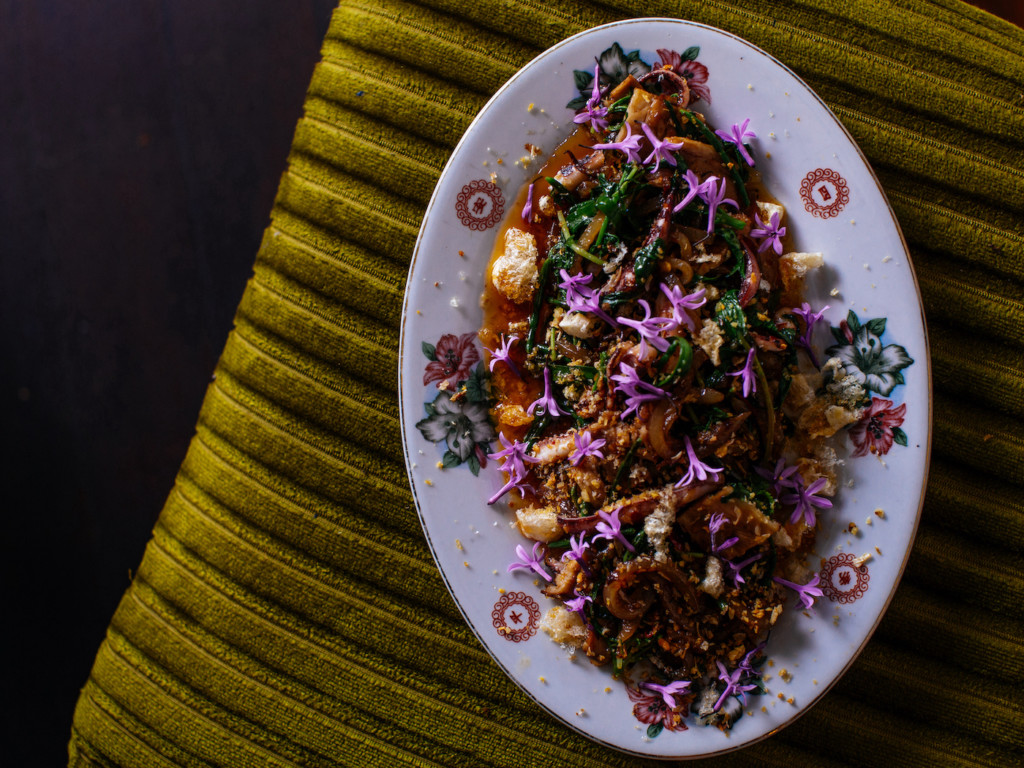
Liberté’s artful plating
It’s not all fine dining in this sprawling waterside town, which is lucky. You’ll find excellent coffee down at Haz Beanz near the whale-tour wharf (take your KeepCup because they only do takeaway). The brew is splendidly good, and there’s a small plastic-lined shelter to keep you out of Albany’s fresh (and fairly incessant) weather. Further along, near the boatshed, the best fish and chips is at mobile van, The Kraken, which is only open Friday for lunch and dinner, and Sunday lunch. The squid is incredible, the fish local, and the batter super fine. They didn’t take credit cards at the time of writing, so best to carry some cash. If you’re in town on other days looking for takeaway, Ocean and Paddock’s very good fish selection, and a more comprehensive menu, is over towards Middleton Beach.
For breakfast, discerning locals usually head out to Emu Point, where oyster leases and fishing boats meet, lithe things jog and most people take their dog for a walk. The Emu Point Cafe is where you load up on plum porridge at brekky to beef brisket tacos for lunch. The poached cilbir eggs with dill-scented labne, paprika butter and Turkish bread is the stuff of legend.
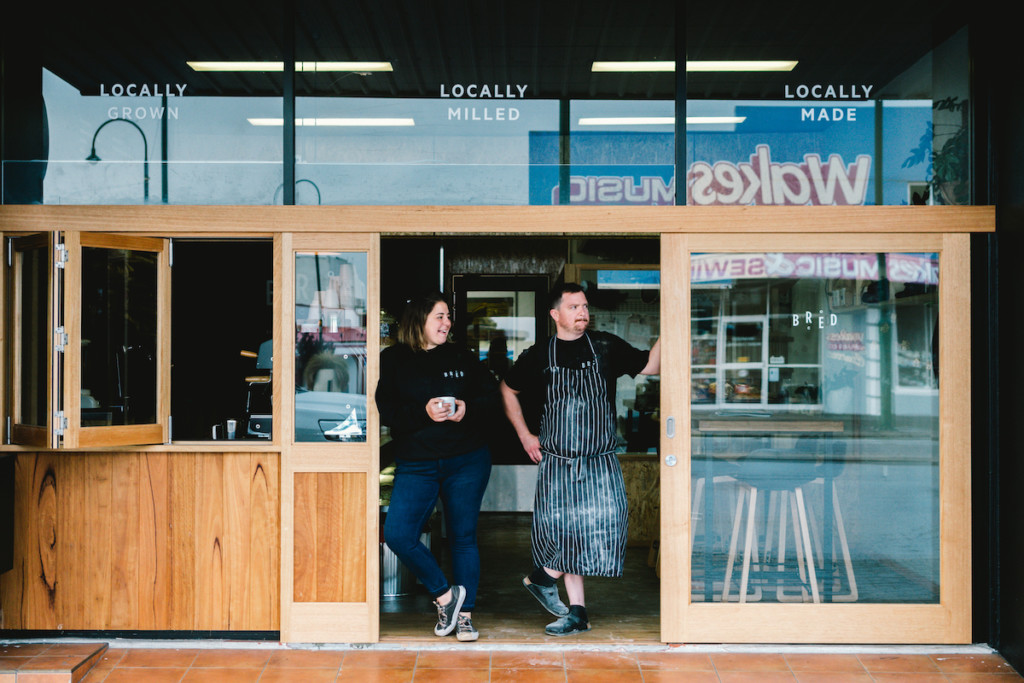
Locally grown, milled and made at Bred Co.
If it’s baked goods you’re after, Bred Co is the artisan you need in your life. They source regeneratively farmed grains from Goodie’s Farm in Kendenup, mill them on site in their spunky wooden grain mill that sits at centre stage, and produce pies, sausage rolls and pastries that show European flair in the making and West Australian ingredients in the baking. The bread, not disappointingly considering the name, is dark baked, crackingly good and the coffee textbook. Sit in the black box of a shop while you scoff a pastry or get it to take away.
Bred Co’s owners Rhiannon Moon and Sam Dawson are also in business with Emu Point Cafe’s Kate Marwick, combining their serious hospo talent as they revamp the historic White Star Hotel at the bottom end of town. The pub dates from 1910, and they’ve got the (former Tanglehead) microbrewery up and running again. The food slides effortlessly from a vegan burger to a chicken schnitzel with parmesan cream, spaghetti and basil oil. Or just sample the brews and snack on potato skins and dill cream.
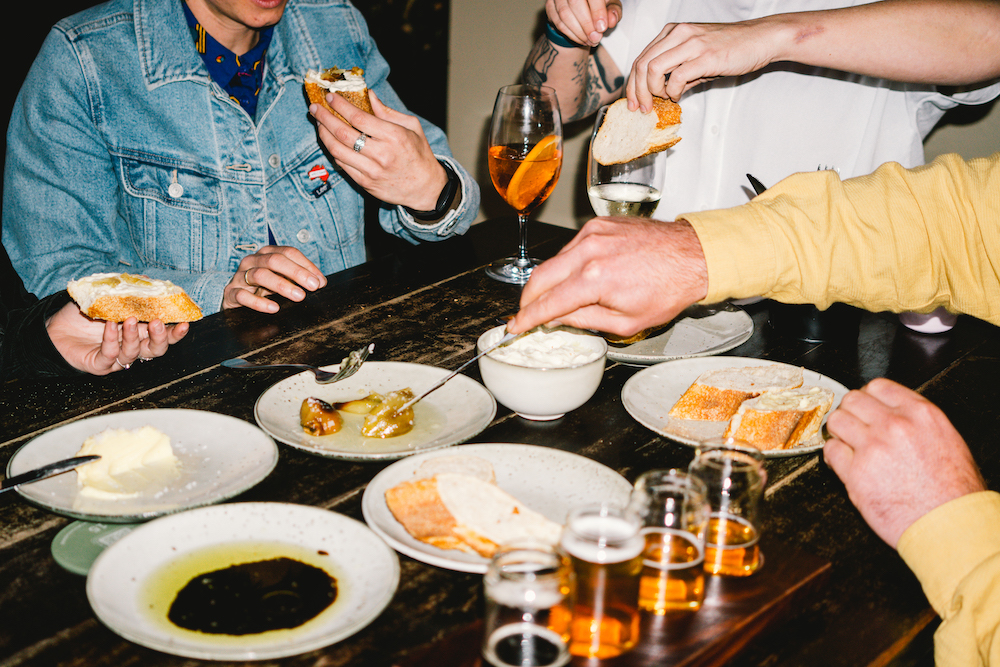
The White Star Hotel has been refreshed and restored.
Also worth a look for the hop aficionado is the hugely popular Wilson Brewery Co in an industrial strip on the outskirts of town. Owned by local brothers, there’s a pool table, a rough-and-tumble beer garden feel and they do food from the truck parked out the back at mealtimes. On our visit, pretty much everyone was in that WA uniform of choice, high-vis.
A short drive westward from Albany and the hills start to roll, the paddocks green up and suddenly you’re in Denmark. Famed for its wines (and its winemakers), its dairy country and its hippies, this little pocket of paradise has a strong environmental bent and boasts a café or two that punch above their weight. Raven makes some of the best brew south of Perth and roast their own beans, and there’s a decent selection of pastries and sandwiches, too. The Green Pantry does amazing coffee art using Stash brand locally roasted coffee – they also stock Bred Co’s pastries and make the ubiquitous city fave, Buddha bowls. Green Pantry also don’t supply single-use coffee cups (a move we love) so be sure to bring your own if you want takeaway. Also nearby, Mrs Jones is a family-friendly joint in the old butter factory, a bit posher than some cafés. They have their own kitchen garden, the gnocchi is legendary, the kitchari (packing plenty of rice and lentils) is heartwarming and the burgers aren’t too bad either.
All that, and we haven’t even talked wine. Think names like Forest Hill, Duckett’s Mill, Single File. One of those famed Denmark winemakers has even transferred his skills to become a chocolatier. John Wade’s Dark Side chocolates are the stuff of legend. Silky dark chocolate coatings encase flavours from the traditional to the experimental. It could be dried mint with peaty whisky, the requisite salted caramel or any number of native bush flavours. Wade also supports other local businesses, including produce from the likes of Bartholomews Meadery and Bannister Downs Dairy in his delicate, handmade truffles.
If you’re up for a posh lunch, not far from town is The Dam, the hemp distillery and diner. Enormous timber posts hold up a hangar-style ceiling in this massive, impressive space. Many come to buy the spirits and beer that they craft, but you can dine well, too. That might mean marron, gently cooked and served with garlic butter, potato and grilled fennel, or chargrilled beef scotch with their own Rainforest brand shiraz jus.
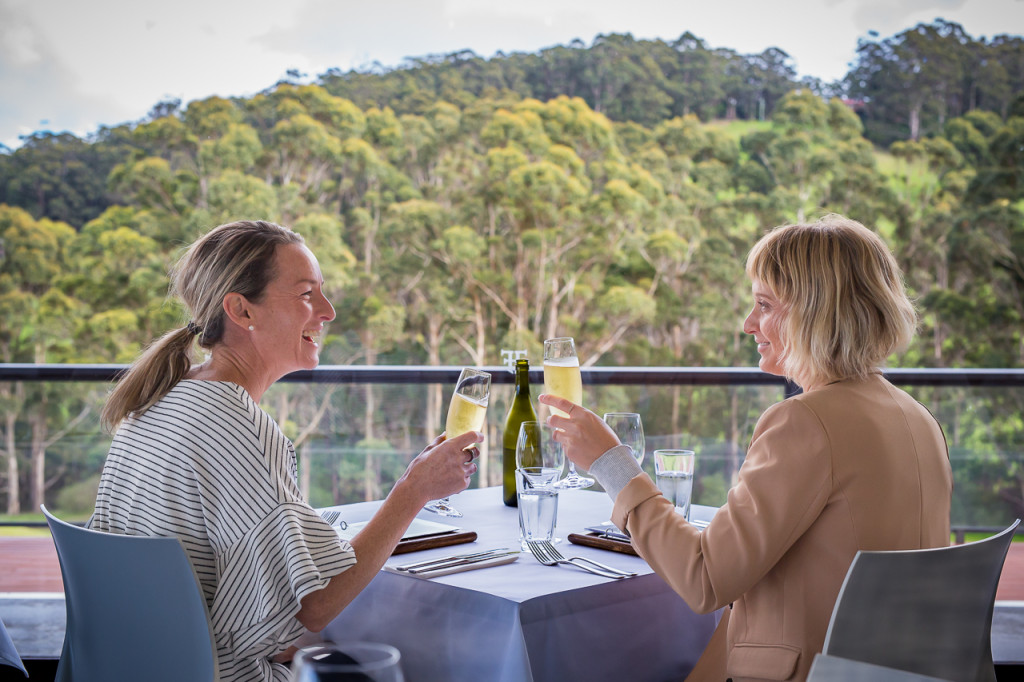
Pepper and Salt, at Forest Hill, has expansive views of the bush. (c) Jenny Feast Photography
Also nearby is Pepper and Salt, chef Silas Masih’s spice-laden diner at the aforementioned Forest Hill winery. His Fijian-Indian heritage and love of native flavours allows him to swing between pork belly with macadamia and lemon myrtle with pickled-ginger mayo, through to dishes such as Goan-spiced lamb rump with beetroot and coconut-spiked spinach. Two courses are $70, three for $90.
A weekend in the Great Southern, and it feels like I’ve barely scratched the surface. That’s without making it to all the incredible beaches, partaking in the great fishing, or ogling the high calibre galleries. Add those to the wonderful food, craft beer, local coffee roasters (did we mention the adorable Naked Bean?) and the benchmark wine, and you’d hardly notice if the locals weren’t full of warm cheer. But the service, the smiles, the greetings and the laidback feel we had on our visit were nearly enough to make us want to move in.

